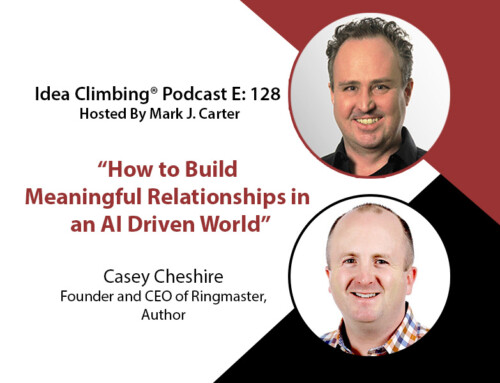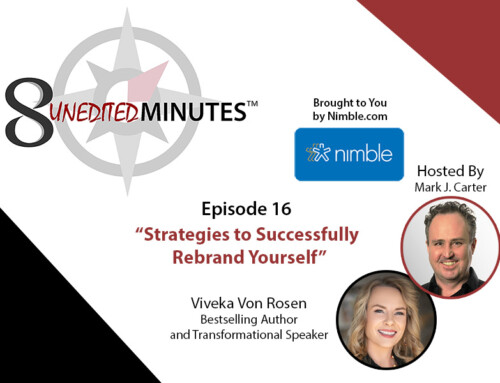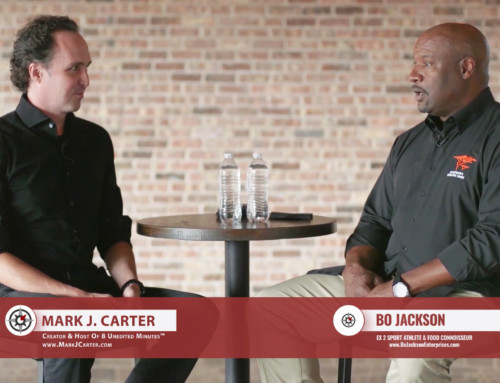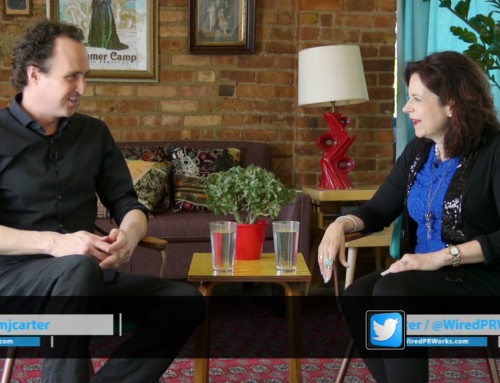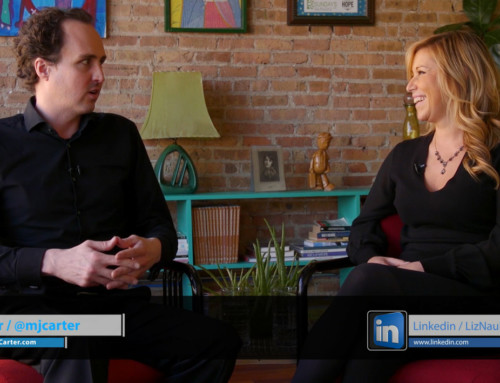 Recently I spoke with Brian Palmer, President of National Speakers’ Bureau about a critical part of success (or failure) at events: Choosing the right speaker for YOUR event. He shared some do’s, don’ts and important strategies we can all use.
Recently I spoke with Brian Palmer, President of National Speakers’ Bureau about a critical part of success (or failure) at events: Choosing the right speaker for YOUR event. He shared some do’s, don’ts and important strategies we can all use.
Whether you’re responsible for a $15,000+ speaker budget or finding a speaker to volunteer; the end result is the same for a meeting planner, organization, corporation or sponsor: the speaker can make or break your event.
Here are the two most common pitfalls when choosing a speaker: Many people pick a speaker primarily 1) based on their resume or job title: “A nice resume with a list of accomplishments or a great title must mean he’ll be a hit at my event…” or 2) a referral from a friend: “If Joe says this speaker is great, she must be…”
There are a few steps that need to be considered BEFORE picking a speaker, before asking a friend and before writing the marketing copy for your event.
THE EVENT & CREATING YOUR “TARGET”:
You have to know your event and the criteria for a successful event BEFORE even thinking about a speaker. Who is your target audience? What specific, niche subject matter do they need to hear at your event to make it a success? There’s a big difference between an audience of executives that need industry information and an audience of sales people that need motivation.
Create specific event objectives – if you’re planning an event for someone else create objectives with that client. These will create a “target” for you. If you don’t know what you’re aiming for you can’t hit the target.
At this point it’s NOT “I need a speaker.” It’s finishing the sentence “I need a speaker that (your target audience) will love to hear because the speaker will (accomplish specific goals/give that audience specific results)” Let’s look at how to match those goals and results up with a great speaker…
THE SPEAKER & HITTING YOUR “TARGET”:
Once you have your criteria mapped out you can start the search for a speaker. Remember this isn’t a black & white judgment call of a “good or bad speaker” but rather: Is this the right speaker for YOUR event?
A high-powered, amazing motivational speaker will thrive in that sales meeting but probably won’t hit the target of an industry briefing for high level executives going through a merger. A speech from the most powerful CEO in the country about climbing the corporate ladder will probably miss the mark with entrepreneurs. It’s not bad; it’s just not a good fit.
Once you have your target consider these “litmus tests”. A great speaker:
- Knows the difference between a “book report” and presenting information relevant to your event attendees. A great speaker inspires, informs and entertains with audience-specific stories and strategies.
- Knows ½ the audience wants intellectual information and ½ the audience wants emotional (funny, thoughtful, heartfelt) stories. A great speaker delivers both.
- Works hard as his or her craft. Ask potential speakers what kind of training (speaking, improv, media training, etc) they have taken – and how recently that training was.
As an event planner your last event is how many people will judge your performance (or at least what they’ll remember most) – don’t leave your speaker to chance or just “a feeling” that they’ll be good. Invest some time, use the strategies outlined here and create a successful event for everyone involved. Then go out and book more events.
